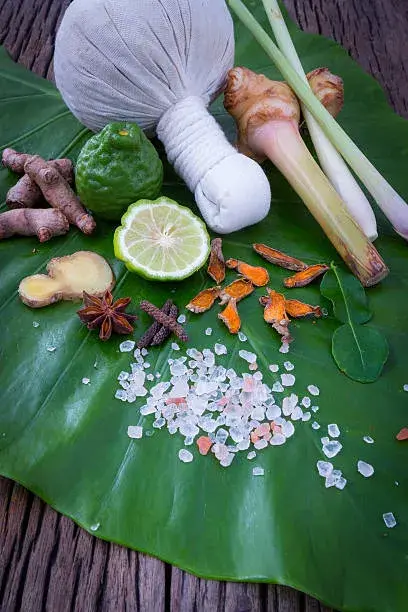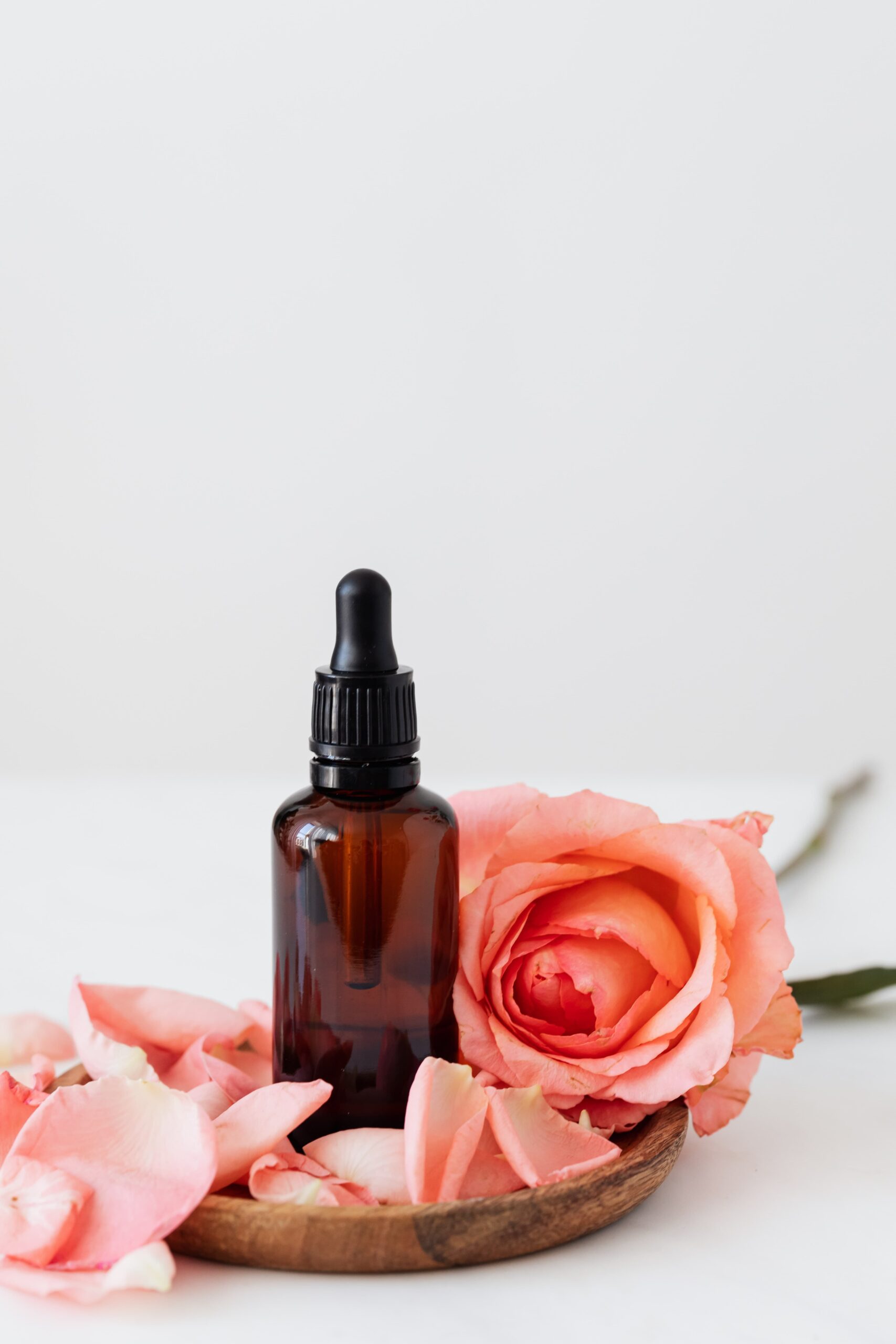In today’s fast-paced world, maintaining balance and overall well-being can be a challenge. The constant demands of work, social commitments, and personal responsibilities can lead to physical and mental exhaustion. Many people turn to synthetic treatments and quick fixes, but these solutions often provide only temporary relief rather than addressing the root cause of imbalance. Nature, however, has always offered powerful remedies that support holistic wellness. By embracing natural healing methods, individuals can restore harmony in their lives while nourishing their bodies and minds sustainably and effectively.
The Role of Nature in Restoring Balance
Natural healing methods have been practiced for centuries, drawing upon the wisdom of ancient traditions from various cultures around the world. Traditional medicine systems, such as Ayurveda, Traditional Chinese Medicine, and herbalism, have long relied on the healing properties of plants, minerals, and other natural elements to promote well-being. These approaches work in synergy with the body’s natural processes, offering gentle yet effective relief from common ailments. Unlike chemical-based treatments that often come with side effects, nature’s healing touch focuses on treating the underlying causes of health issues, ensuring long-lasting benefits and overall improved wellness.
Herbal Remedies for Wellness
Herbs have played a crucial role in natural healing for thousands of years, and they continue to be an essential part of holistic health. Some of the most effective natural remedies include:
Ashwagandha – Known as an adaptogen, ashwagandha helps the body cope with stress by reducing cortisol levels and promoting mental clarity. Regular consumption of this herb may also support better sleep, improved cognitive function, and enhanced energy levels.
Turmeric – A well-known anti-inflammatory powerhouse, turmeric contains curcumin, a compound that helps reduce inflammation, improve joint health, and support a strong immune system. Adding turmeric to meals or taking it in supplement form can offer long-term health benefits.
Chamomile – Famous for its calming properties, chamomile is widely used to promote relaxation and improve sleep quality. It also has mild anti-inflammatory and digestive benefits, making it an excellent choice for overall well-being.
Peppermint – Peppermint is commonly used to support digestion and relieve headaches naturally. It can also provide relief from bloating, nausea, and sinus congestion when used in teas or essential oil form.
Incorporating these herbs into daily routines, whether through teas, tinctures, or dietary supplements, can help promote long-term physical and mental well-being, making them a valuable addition to a natural health regimen.
The Power of Essential Oils
Aromatherapy is another effective way to restore balance naturally. Essential oils, extracted from plants, contain powerful compounds that provide a range of therapeutic benefits. They can be used to enhance relaxation, improve focus, and boost energy levels. Some of the most widely used essential oils include:
Lavender – Known for its soothing effects, lavender oil helps alleviate stress, promote deep relaxation, and improve sleep quality. Simply diffusing lavender oil in the bedroom or adding a few drops to a warm bath can have a profound calming effect.
Eucalyptus – This invigorating essential oil is particularly beneficial for respiratory health. Inhaling eucalyptus oil can help clear congestion, support lung function, and provide relief from colds and allergies.
Rosemary – Often used to enhance cognitive function, rosemary oil can improve memory, focus, and mental clarity. It is particularly useful for individuals experiencing mental fatigue or difficulty concentrating.
Lemon – With its refreshing and uplifting aroma, lemon oil can help elevate mood and increase energy levels. It also has antibacterial properties, making it an excellent addition to homemade cleaning products and skin care routines.
Using essential oils in diffusers, massage blends, bath soaks, or even applying them topically (with proper dilution) can create a nurturing environment and contribute significantly to overall holistic wellness.
Mindful Practices for Holistic Healing
Beyond natural remedies, incorporating mindful habits into daily life can further enhance balance and well-being. Developing a holistic approach to health involves not just physical healing but also emotional and mental harmony. Some simple yet highly effective practices include:
Meditation and Breathing Exercises: Taking a few minutes each day to practice mindfulness, meditation, or deep breathing exercises can reduce stress, improve focus, and enhance emotional stability. Regular meditation has been linked to lower anxiety levels, improved self-awareness, and a greater sense of peace.
Spending Time in Nature: Being outdoors and connecting with nature has a profound impact on mental and physical well-being. Walking in a park, hiking in the mountains, or even spending time gardening can lower stress levels, boost mood, and promote relaxation.
Balanced Nutrition: Eating a diet rich in whole foods, fresh fruits, and vegetables provides essential nutrients that support overall health. Avoiding processed foods, artificial additives, and excessive sugar can help the body function optimally and maintain natural energy levels.
Adequate Sleep: Prioritizing rest is crucial for overall health. Poor sleep can lead to increased stress, weakened immunity, and decreased cognitive function. Creating a consistent sleep routine, limiting screen time before bed, and using natural sleep aids like herbal teas or essential oils can contribute to better sleep quality and improved well-being.
Conclusion
Achieving balance and wellness does not require drastic lifestyle changes. Simple, natural approaches like incorporating herbal remedies, using essential oils, and practicing mindfulness can significantly enhance overall health and well-being. By making small, intentional choices every day, individuals can experience improved energy levels, reduced stress, and a greater sense of harmony in their lives.
Embracing the healing properties of nature allows people to take control of their health in a way that is gentle, sustainable, and deeply nourishing. Whether it’s through using herbs, essential oils, or mindful practices, nature offers an abundance of resources to support long-term wellness. With a commitment to holistic self-care, anyone can restore balance and wellness in a natural and fulfilling way.













